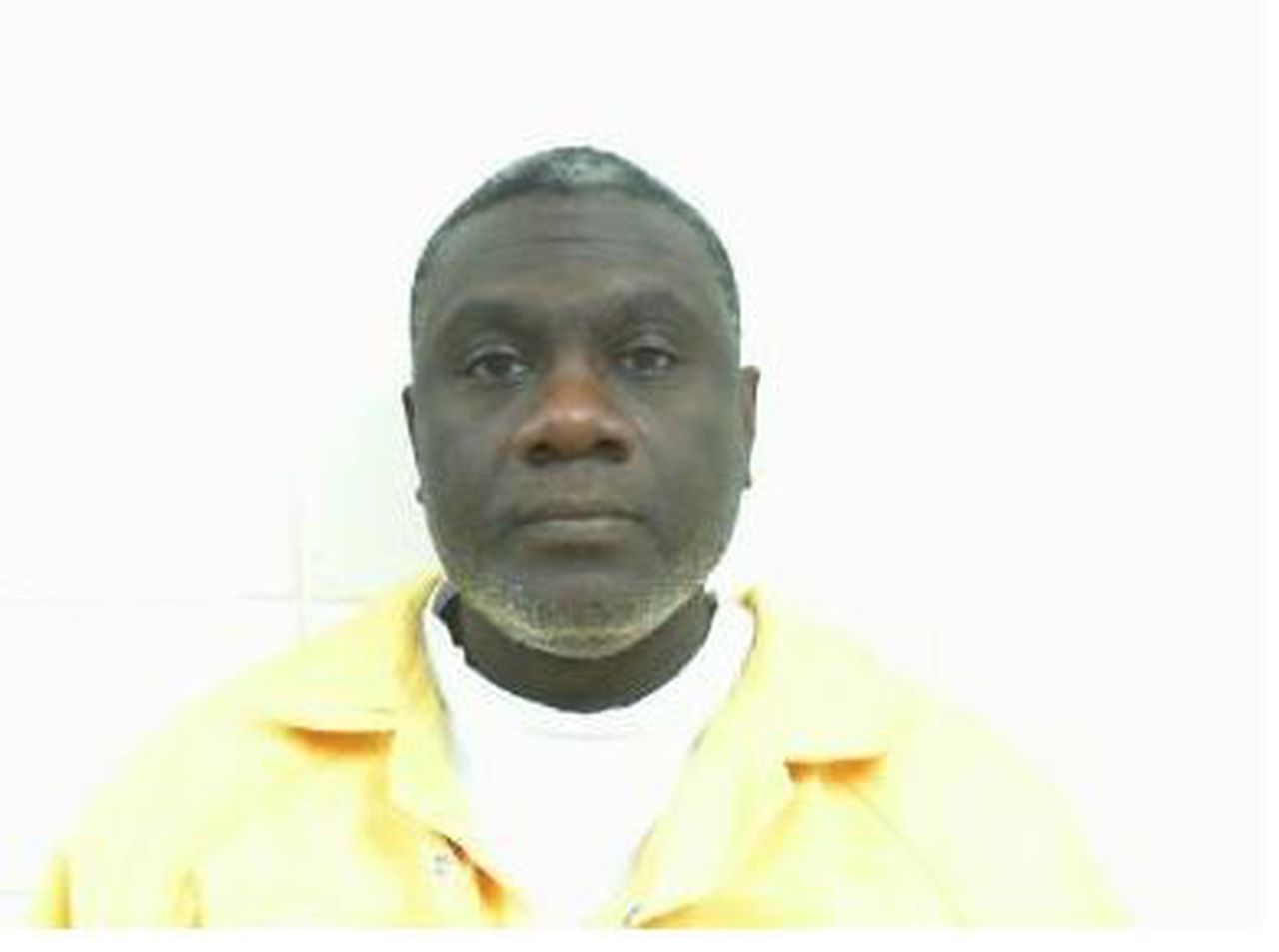Coley McCraney denied new trial in 1999 murders of Alabama teens
An Alabama man convicted of capital murder in the brutal 1999 murders of two high school seniors in the Wiregrass has been denied his request for a new trial.
Dale County Circuit Judge William “Bill” Filmore on Thursday entered his order denying 49-year-old Coley McCraney’s request. The judge did not give any reason for the denial.
Attorneys for McCraney had requested the new trial citing jury misconduct and the possible use jurors using cell phones during the trial.
Alabama Attorney General Steve Marshall on Friday responded to the judge’s ruling.
“I am proud to live in a state that has zero tolerance for those who callously take the lives of others,” said Marshall said. “In Alabama, we will never give up our relentless pursuit of justice for victims and their families.”
Marshall served as the lead prosecutor at McCraney’s trial earlier this year.
McCraney – who lived his life crime-free and built a family in the 20 years following the murders – was convicted in April of four counts of capital murder in the shooting deaths of Tracie Hawlett and J.B. Beasley.
The convictions were for two counts of capital murder-vehicle, one count of capital murder-rape, and capital murder of two or more persons.
Filmore in June sentenced McCraney to life without parole, which followed the recommendation of the jury. Prosecutors had sought the death penalty.
In their motion for a new trial, the defense attorneys contend the court erred when it allowed at least two jurors to remain in the jury pool even after they said should there be a penalty phase, they would start at voting for death and would require the defense to move them from the death penalty to life without parole.
Also, the attorneys said, two of the jurors were posting on their Facebook page accounts during the trial and one of them was actually posting to the social media site during actual deliberations.
“Facebook was saturated with information about this trial and could not have been accessed during the duration of said trial without seeing posts specifically about this trial,’’ the attorneys wrote.
Another juror was seen texting, scrolling and/or generally operating a smart watch throughout the duration of the trial, the motion states.
Additionally, during deliberations, the jury sent questions to the court including an inquiry about a “Brady Violation” indicating that the jury was researching and/or relying on outside information which was a direct violation of the judge’s instructions.
McCraney was arrested for the slayings in 2019 after authorities say a DNA match was found through a family DNA website in a genealogy search.
The murders of the girls’ haunted the Wiregrass region for decades and been given national exposure on television networks throughout the years.
The friends, both 17, were on their way home from Beasley’s birthday party when they got lost in Ozark on July 31, 1999.
According to Hawlett’s mother, Carole Roberts, the girls had been lost and could not understand the directions they were given before stopping at a convenience store in Ozark. They had been on their way home from a party in Headland.
The girls were found the next day inside the trunk of Beasley’s black Mazda 929, on the side of Herring Avenue about one block away from the Dale County hospital.
Both girls had each been shot once to the head, but there were no other signs of foul play. The girls’ jewelry, purses and money were not missing and state forensics experts at the time said neither girl had been raped.
Within a week, police announced a nationwide, 24-hour hotline to received tips and a reward fund quickly grew to $15,000 in donations from area residents. Then-Alabama Gov. Don Siegelman announce another $10,000 in state funds.
In the years immediately after the killing, investigators conducted more than 500 interviews, overworked forensics experts and tested the DNA of more than 70 potential suspects.
At the time of McCraney’s 2019 arrest, Police Chief Marlos Walker said the 2018 arrest of the alleged Golden State Killer through use of a genealogy and DNA database sparked the chain of events that led to the break in the Alabama cold case.
The department reached out to Parabon NanoLabs in Virginia, which specializes in DNA engineering.
Police said they started the process in August 2018, and it culminated in the arrest of Coley McCraney, a truck driver who spent some time in the military and has led a crime-free, low-profile life up until the time he was taken into custody.
McCraney took the stand in his own defense during the week-long trial.
WDHN reported that McCraney testified that he had consensual sex with Beasley.
He said they had previously met her at the Wiregrass Commons Mall almost two months prior to the murders, and the two planned to meet at the Ozark gas station at 10 p.m. on July 31, 1999.
When Beasley was late, he said he went to his mother’s house to wait on a call from Beasley but never received one.
McCraney says after leaving his mother’s house at around 11:30 p.m. to head home, his alternator gave out and the car broke down at the same gas station where he finally saw Beasley and Hawlett at a pay phone, the television station reported.
After talking to Beasley for a few minutes, he got in her car and gave the girls directions to Highway 231, after which they stopped at another gas station next to the highway where his semi-truck was parked, where he and Beasley had sex in the cab of his truck.
McCraney testified that after he and Beasley had consensual sex, the girls drove him to his house at around 12:45 a.m. and they went their separate ways.
